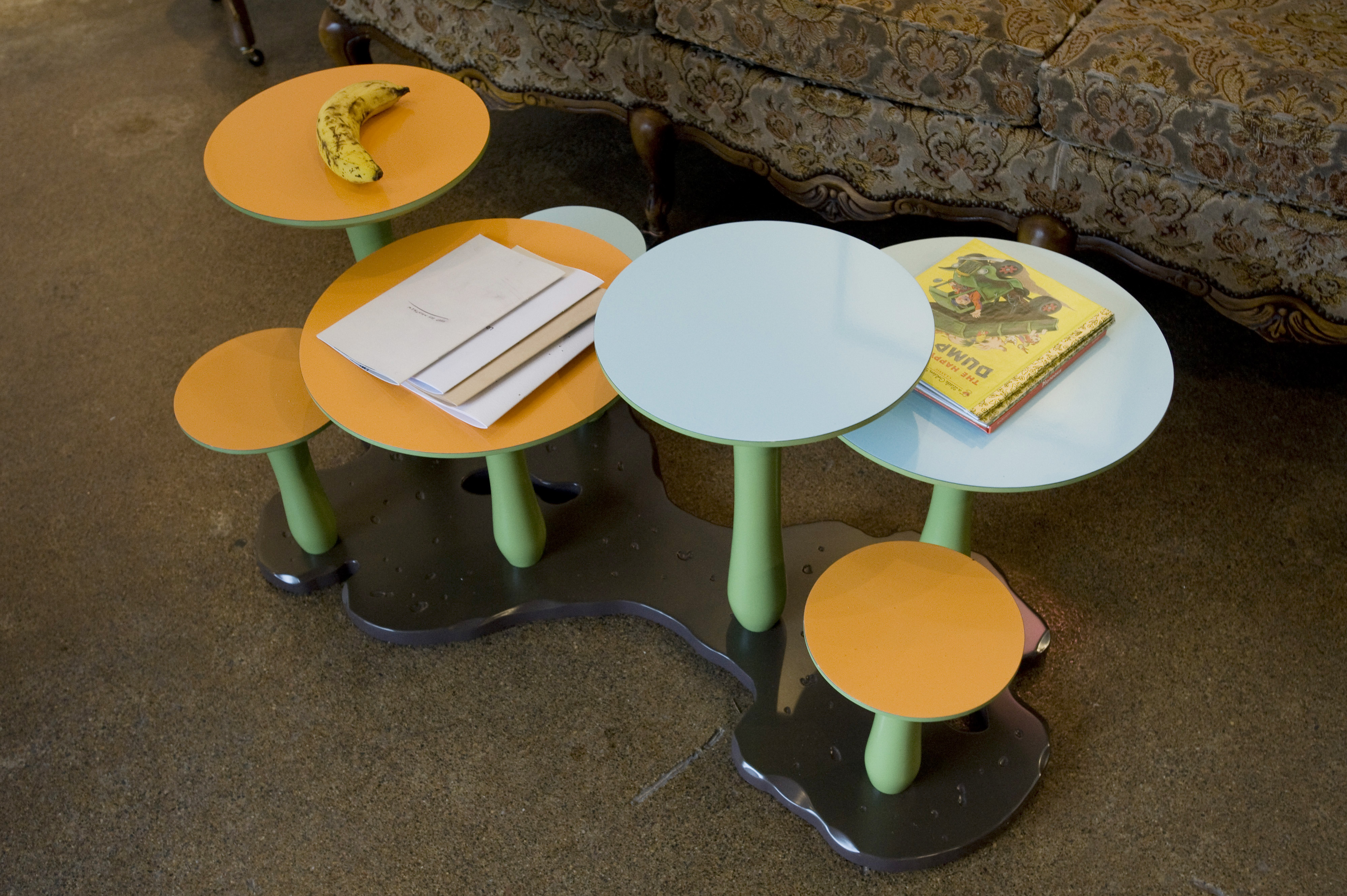Hey, Les.
I heard a new song on the radio this morning. It had special resonance for me; I was just about to sit down and apply for last week’s unemployment compensation. The song by Rufus Wainwright is called “Going to a Town”; the lyrics go like this:
I’m going to a town that has already been burnt down
I’m going to a place that has already been disgraced
I’m gonna see some folks who have already been let down
I’m so tired of AmericaI’m gonna make it up for all of The Sunday Times
I’m gonna make it up for all of the nursery rhymes
They never really seem to want to tell the truth
I’m so tired of you, AmericaMaking my own way home, ain’t gonna be alone
I’ve got a life to lead, America
I’ve got a life to leadTell me, do you really think you go to hell for having loved?
Tell me, enough of thinking everything that you’ve done is good
I really need to know, after soaking the body of Jesus Christ in blood
I’m so tired of AmericaI really need to know
I may just never see you again, or might as well
You took advantage of a world that loved you well
I’m going to a town that has already been burnt down
I’m so tired of you, AmericaMaking my own way home, ain’t gonna be alone
I’ve got a life to lead, America
I’ve got a life to lead
I got a soul to feed
I got a dream to heed
And that’s all I needMaking my own way home, ain’t gonna be alone
I’m going to a town
That has already been burnt down.
I have to say, by word and wan voice Rufus nailed me this morning. My applications were online, for three different positions at Wells Fargo banks; I was imagining myself a teller, a personal banker, and even an agricultural controversial claims analyst. Anything to get me out of the cave, you know. But so bloodless—no meeting with an interviewer, no soul to the exchange, which felt like filling out a marketing survey.
Am I tired of America? Yes and no. I’ve been riding the wave of economic stimulus and unemployment assistance through the duration of the jobless recovery, so I’m grateful to the America that supports its displaced members. But I’m pissed to be one of the members of a society that gives rise to arrogant megalomaniacs like Madoff and Petters, pissed to have been found guilty of my own ambitions, pissed to have been found wanting in the midst of entrepreneurial capitalism run amok. Tired of feeling at war with my world, tired of my country using war as a means of public relations. Tired of feeling alone (sorry, Rufus, that arrow missed its mark).
You?
Yrs,





